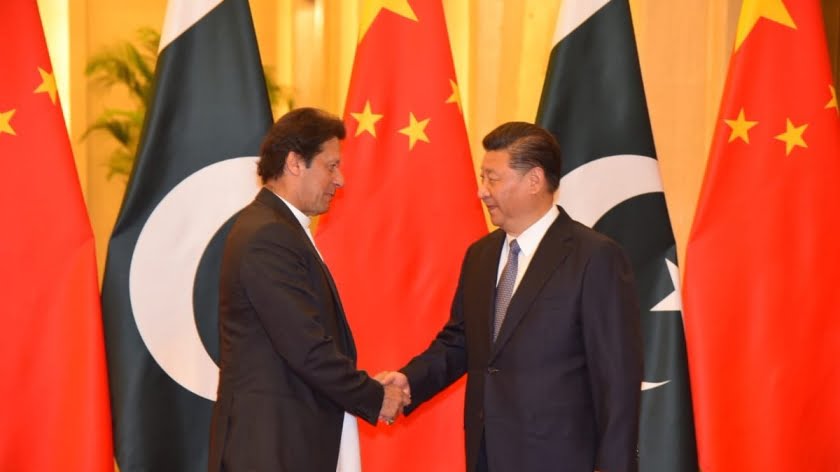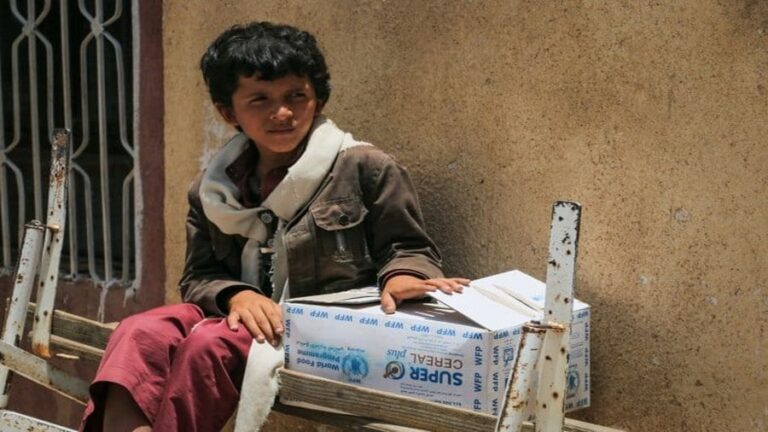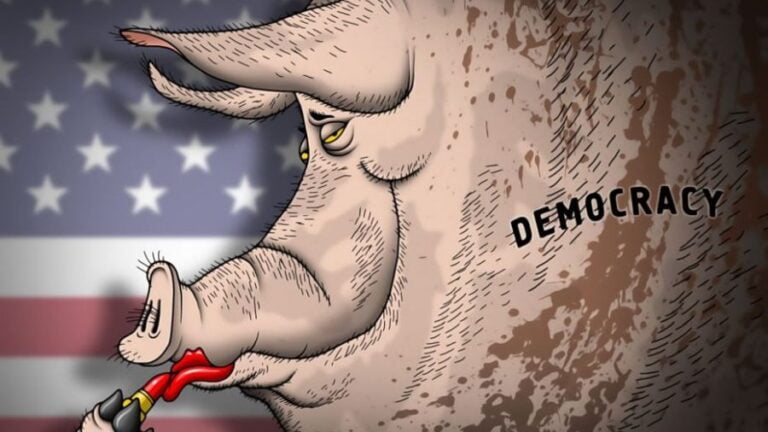PM Khan Made Progress on CPEC+ at the BRI Forum
Far from the failure that some people have portrayed PM Khan’s participation in the BRI Forum as being, the Pakistani leader actually made progress on CPEC+ through his meetings with his Ethiopian and Tajikistani counterparts whose countries are poised to play important roles along S-CPEC+ and N-CPEC+ respectively.
Pakistan’s Express Tribute portrayed PM Khan’s participation in the BRI Forum as being a failure because the Pakistani leader didn’t meet with Russian President Putin but only ended up interacting with his Ethiopian and Tajikistani counterparts (apart from his Chinese host) despite there being over 30 heads of state in attendance at the event. To the unaware reader, Ethiopia and Tajikistan might appear to be irrelevant “third world” countries with no strategic significance whatsoever, especially for Pakistan, but in reality, those two states are poised to play important roles along the CPEC+ branches of S-CPEC+ and N-CPEC+ respectively, thus making PM Khan’s meetings with their leaders very noteworthy.
For those who haven’t heard of these projects before, they’re simply the southern and northern expansions of CPEC into East Africa and Central Asia that aim to collectively connect Pakistan to those two regions and therefore strengthen its position as the global pivot state. With an eye to the future, it’s sensible for Pakistan to begin making progress on this given that the core of CPEC is already up and running. It also dovetails with PM Khan’s Naya Pakistan vision of helping his unemployed countrymen find respectable jobs in the 21st century because they could one day potentially be employed in businesses that concern these two routes.
Ethiopia is the second-most populous country in Africa and China’s top partner in the continent, with Beijing even having its first-ever overseas military base in the neighboring coastal country of Djibouti whose capital city also functions as the terminal point of the Djibouti-Addis Ababa Railway (DAAR), the “East African CPEC“. Tajikistan, meanwhile, is adjacent to China and fulfills an irreplaceable anti-terrorist “buffer” role, and the mostly mountainous country is also rich in hydropower that it expects to export to nearby Pakistan through the CASA-1000 megaproject. As such, it’s completely understandable why PM Khan would want to meet with both of their leaders to discuss CPEC+ cooperation.
Those who downplayed the significance of the Pakistani leader’s meetings with his Ethiopian and Tajikistani counterparts most likely aren’t aware of just how important those two countries are to Islamabad’s future foreign policy in the Silk Road Century. In addition, they probably forgot that PM Khan already met with influential leaders such as Saudi Arabian Crown Prince Mohammed Bin Salman, Abu Dhabi Crown Prince Mohammed Bin Zayed, Turkish President Erdogan, Qatari Emir Thani, Malaysian Prime Minister Mahathir, and Iranian President Rouhani & Supreme Leader Khamenei. Quite clearly, Pakistan isn’t dependent on the BRI Forum for networking with world leaders and is already doing this on its own.
In fact, it can be argued that PM Khan already participated in the most important meetings for advancing Pakistan’s interests before the Silk Road event even took place, and that meeting with other leaders just for the sake of it and without anything of substance to achieve aside from a few photo-ops would be an act of vanity completely out of his character. Instead, while the rest of the world has yet to pick up on the strategic significance of Ethiopia and Tajikistan — especially relative to Pakistan’s future foreign policy — PM Khan was well ahead of the curve in meeting with their leaders and making progress on CPEC+.
By Andrew Korybko
Source: Eurasia Future







